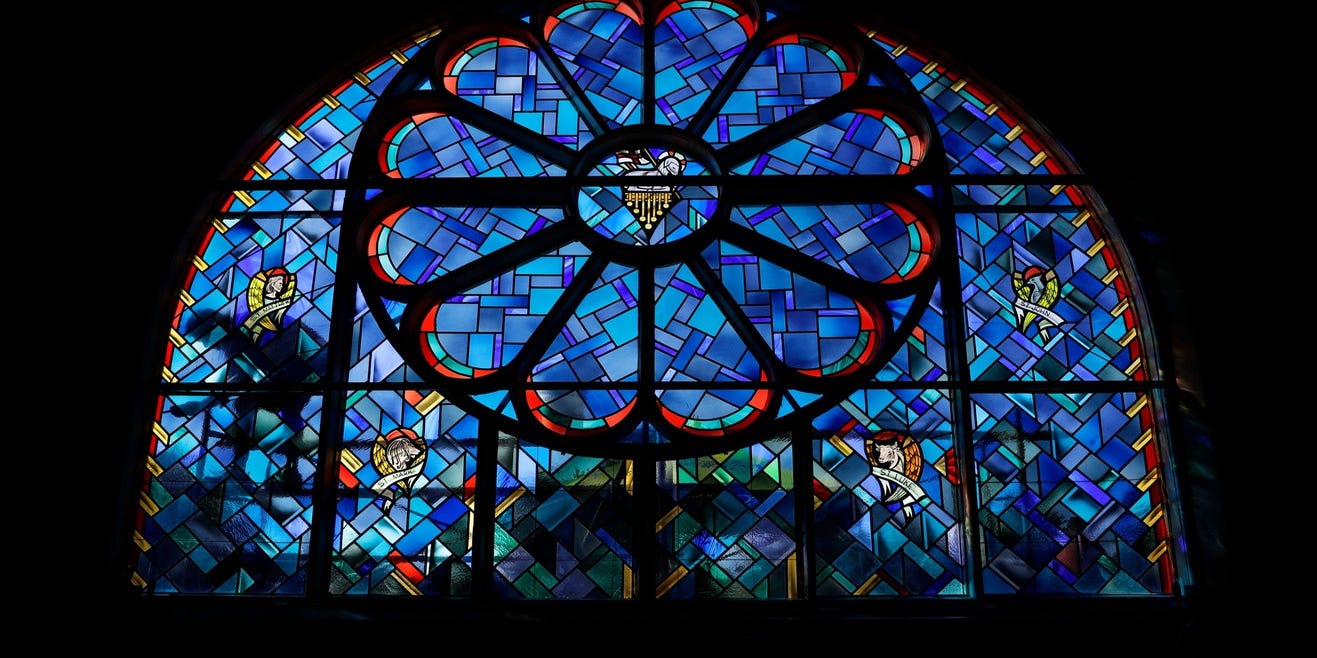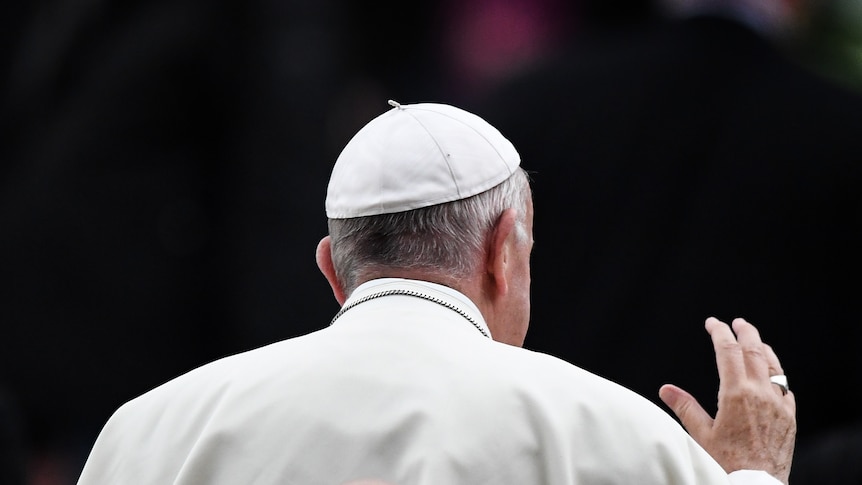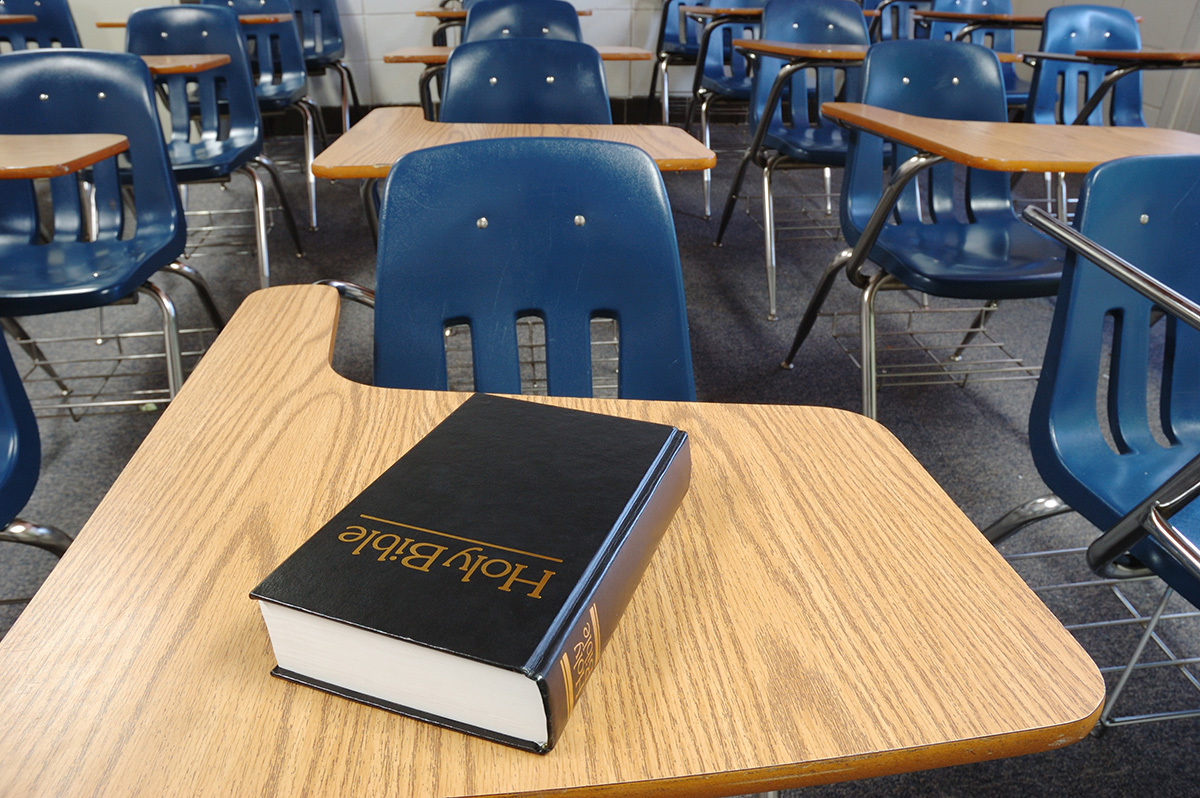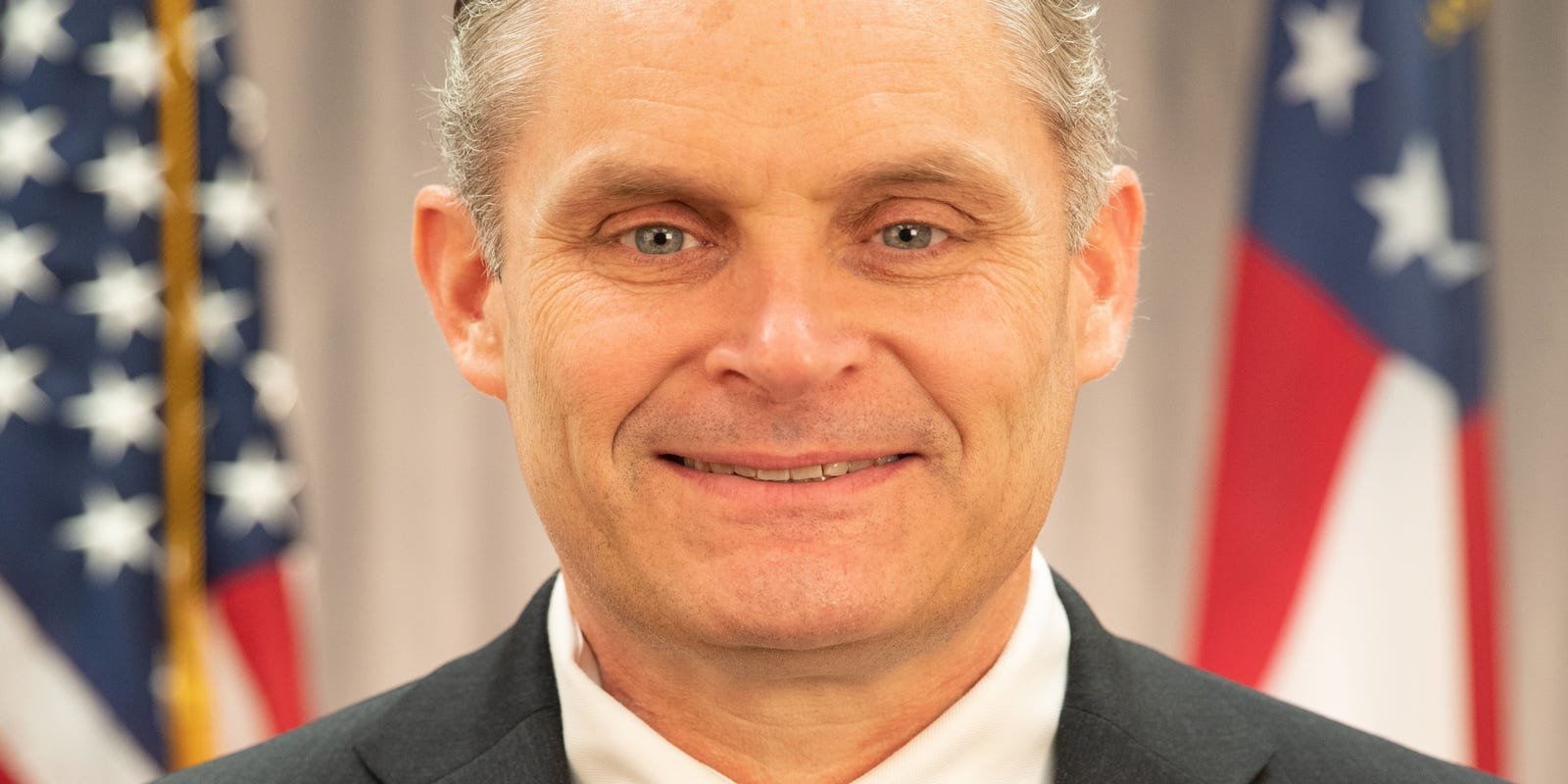Spiritual Guidance in Classrooms: Arizona GOP Pushes for Chaplain Counseling in Public Schools
Religion
2025-03-12 17:19:08Content
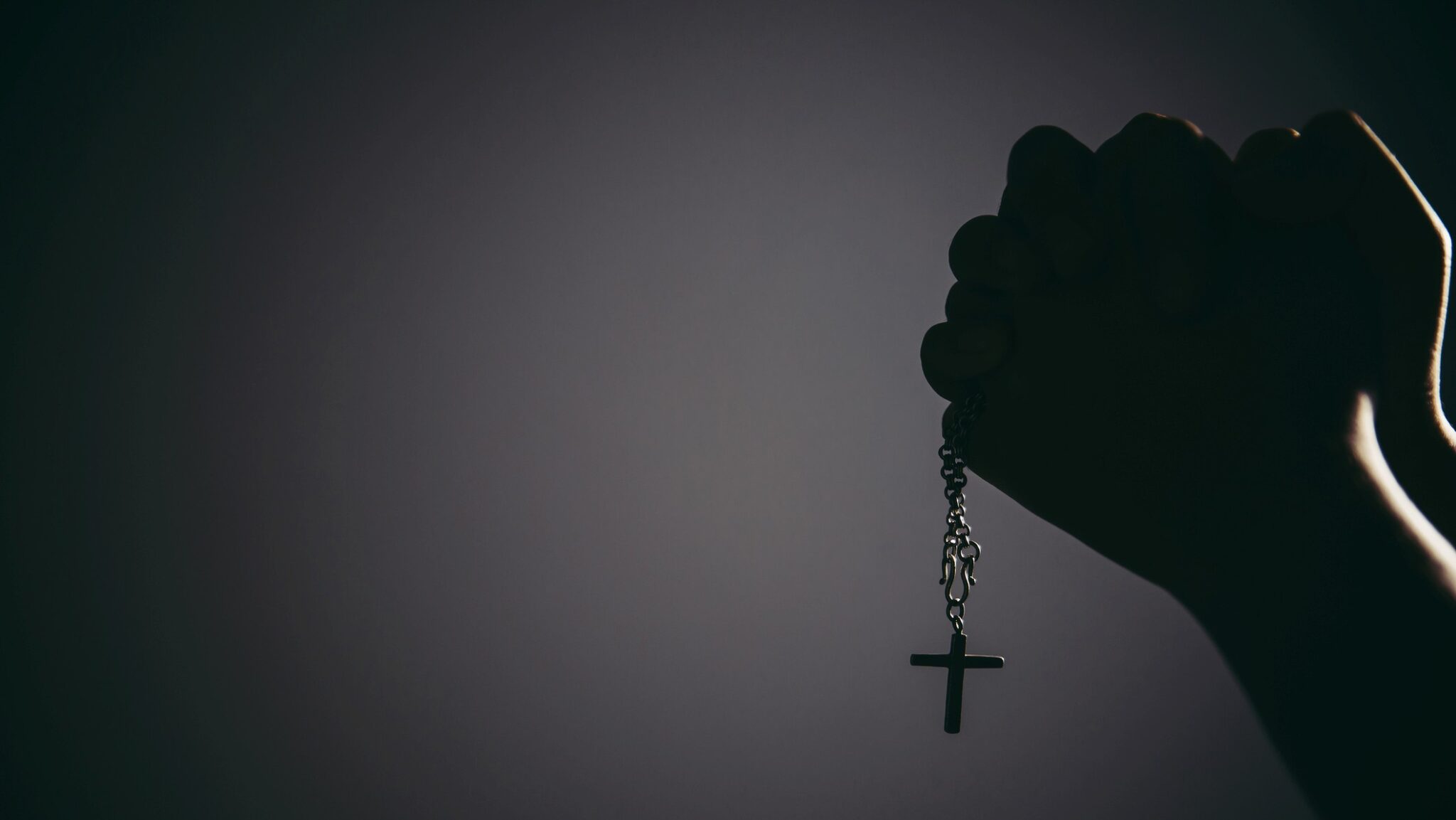
In a controversial move that has sparked intense debate, Arizona's legislature is moving forward with a bill that would allow religious chaplains to provide counseling services in public schools. The proposed legislation, backed strongly by Republican lawmakers, aims to introduce faith-based support in educational settings, despite growing concerns about potential constitutional implications.
Proponents of the bill argue that school chaplains could offer critical emotional and mental health support to students, filling gaps in current counseling resources. Republican supporters emphasize the potential benefits of bringing spiritual guidance into public school environments, suggesting that chaplains could provide unique emotional support for struggling students.
However, critics raise significant constitutional questions about the separation of church and state. Legal experts warn that introducing religious counselors in public schools could potentially violate First Amendment protections and create complex legal challenges for school districts.
The bill's advancement reflects a broader national conversation about the role of religion in public institutions, with passionate arguments on both sides of the debate. As the legislation continues to move through the Arizona legislature, it remains to be seen whether the proposed chaplain program will ultimately become law.
Education advocates, civil liberties groups, and constitutional scholars continue to closely monitor the bill's progress, highlighting the delicate balance between providing student support and maintaining strict constitutional boundaries.
Religious Counselors in Schools: A Controversial Educational Frontier
In the complex landscape of American public education, a provocative legislative initiative is unfolding in Arizona, challenging traditional boundaries between religious involvement and secular schooling. The proposed school chaplain bill represents a significant potential transformation in how educational institutions approach student support and spiritual guidance.Navigating the Delicate Balance of Faith and Public Education
Legislative Momentum and Constitutional Tensions
The Arizona legislature is currently experiencing a heated debate surrounding the integration of religious counselors within public school systems. Republican lawmakers are championing this controversial proposal, arguing that chaplains could provide critical emotional and spiritual support for students. However, constitutional experts warn of potential legal challenges that might arise from blurring the established separation between church and state. Constitutional scholars have raised significant concerns about the potential implications of introducing religiously affiliated counselors into public educational environments. The proposed legislation challenges long-standing interpretations of the Establishment Clause, which traditionally prohibits government institutions from endorsing specific religious perspectives.Potential Impact on Student Mental Health Services
Proponents of the bill argue that religious counselors could offer unique psychological and emotional support mechanisms that traditional secular counseling might not address. They suggest that chaplains could provide holistic guidance that encompasses spiritual and emotional dimensions, potentially reaching students who might feel disconnected from conventional mental health resources. Mental health professionals are divided on the potential effectiveness of this approach. Some argue that specialized religious counseling could complement existing support systems, while others express concerns about potential ideological biases and the lack of standardized professional training among religious counselors.Broader Implications for Educational Policy
The Arizona school chaplain bill represents a broader national conversation about the role of religious perspectives in public institutions. This legislative effort reflects ongoing tensions between secular governance principles and religious community expectations, particularly in educational settings. Educational policy experts are closely monitoring the developments, recognizing that the outcome could establish significant precedents for future interactions between religious organizations and public school systems. The proposed legislation challenges traditional interpretations of institutional neutrality and raises complex questions about the boundaries of religious expression in taxpayer-funded environments.Community and Parental Perspectives
Local community responses to the proposed bill have been notably diverse and passionate. Some parents enthusiastically support the potential for additional supportive resources for their children, while others express deep reservations about introducing religious perspectives into secular educational spaces. Community dialogues have highlighted the nuanced perspectives surrounding this issue, revealing the complex intersections of religious belief, educational philosophy, and constitutional principles. The debate extends beyond simple partisan lines, reflecting broader societal discussions about the role of spiritual guidance in contemporary educational frameworks.Legal and Ethical Considerations
Legal experts are meticulously analyzing the potential constitutional implications of the proposed legislation. The bill raises fundamental questions about religious freedom, institutional neutrality, and the appropriate boundaries of spiritual guidance in public educational settings. Ethical considerations extend beyond immediate legal challenges, prompting broader discussions about the nature of student support, the role of spiritual perspectives in personal development, and the responsibilities of educational institutions in addressing students' holistic well-being.National Context and Potential Precedent
While the Arizona legislation represents a localized effort, it resonates with broader national conversations about religious involvement in public institutions. The proposed bill could potentially serve as a significant test case for future legislative approaches to integrating religious perspectives within secular educational frameworks. National educational and legal organizations are closely monitoring the developments, recognizing the potential long-term implications of this legislative initiative for educational policy and constitutional interpretation.RELATED NEWS
Religion
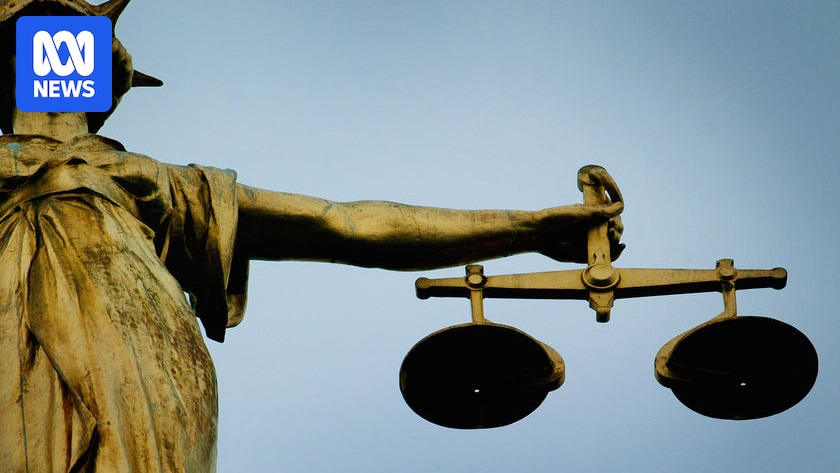
Blasphemy or Belief? South African Man's Shocking Legal Battle Over Sacred Boundaries
2025-04-17 22:00:00
Religion
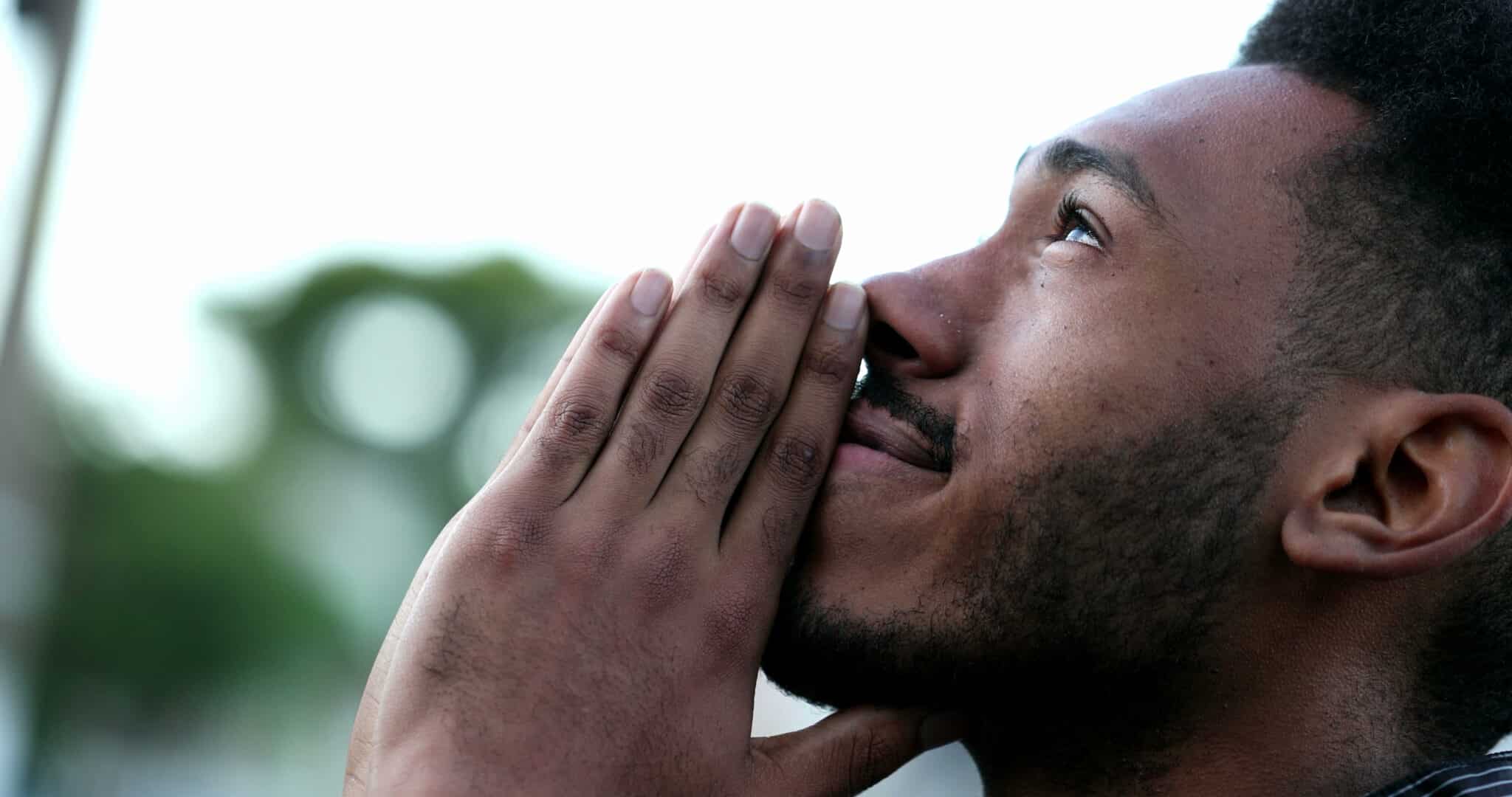
Faith Unbound: The Great American Spiritual Shift Away from Organized Religion
2025-04-16 13:19:35
Religion

Beyond Fasting: How Ramadan 2025 Transforms Spiritual Tradition in a Modern World
2025-03-20 13:12:46
